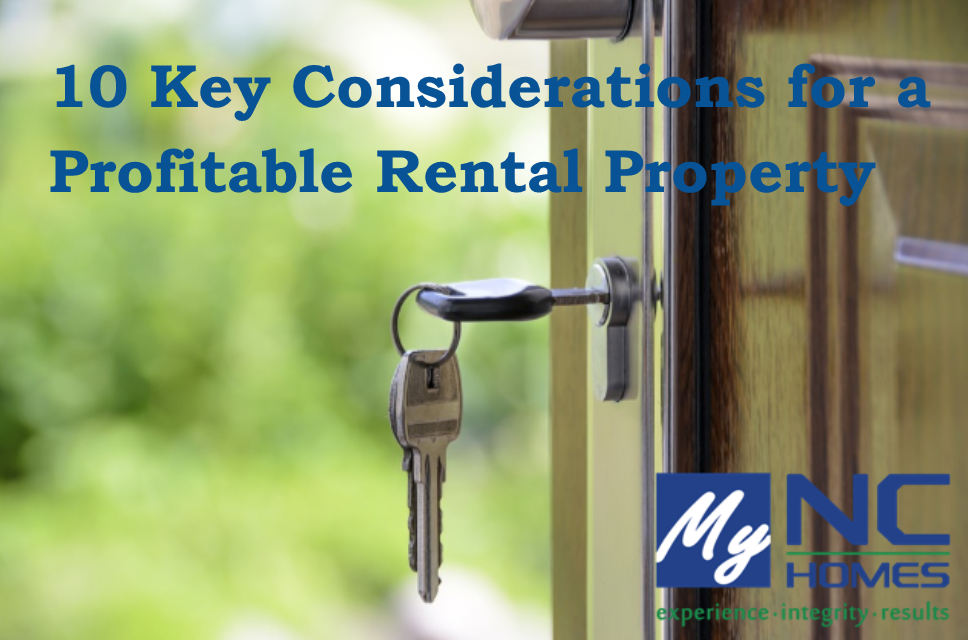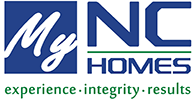
It is a big decision to become a rental property owner. While the reasons vary for choosing to be a landlord, profits help achieve financial goals, property maintenance, updates, and mitigate emergencies. There are several considerations when choosing a property that will make it a successful rental. To get the most out of an investment, examine the different aspects of a property. Review this list to get started with collecting information to empower a well-informed decision.
1. Get to Know the Neighborhood
Does the neighborhood cater more to college students, working professionals, young families, or senior living? This may help determine possible tenants. It also identifies the general market conditions when there may be e vacancies and turnover. Neighborhoods are a great mix of all ages and professions (small business owners, professionals, retirees,etc.) and familiarizing yourself with who seeks out rentals will help you anticipate the renter’s needs.
2. Watch the Job Market
Keep current on companies that may be moving in or out of the area. Announcements for companies locating to the Raleigh-Durham Chapel Hill area means more tenants for the rental market. News of companies moving to the area and expanding can often be found in the Triangle Business Journal or Business Insider. The residents of Chapel Hill for example would want to consider that Wegmans is in the process of moving into the area.
3. Make a List of Must-Have Amenities
Ask if there are amenities in the area to attract tenants to your rental? Find out what is close by that makes your rental a more attractive place to call home. Is public transportation nearby? Can therenters easily access trails or parks? Is there easy access to shopping, events, and attractions? Close access to amenities can be a factor in your rental price. How Nearby Amenities Can Increase Your Home Value is relevant to your search for property investment.
4. Find Out the City's Plans For The Future
Stop by the planning department at the city. Do a little extra research and find out about zoning and future work that may be happening around the prospective property. Be well informed about potential projects that may have an impact on current open spaces or large acreage of private property that could be sold in the future. Here are a few places to start locally:

5. Look for Long-term Tenants
The ultimate goal is to minimize turnovers and vacancies. The ideal situation is to keep tenants year after year. Turnovers create work (patching walls, painting, updating fixtures or flooring, etc.) and have advertising expenses. According to an article in Time Magazine, a vacancy can cost up to 8.3% of annual revenue if the rental remains empty. Work the numbers to figure out if a discount on the monthly rent would be a better option than not having a tenant month after month.
6. Raise Rent Fairly & Stay In-Line With The Market
Raise rent in a diplomatic way. Calculate if finding the cost of a new rental is more than the cost of staying put in your rental. Moving costs, deposits, and new furnishings may be far more expensive than remaining in the current rental. Check https://www.rentometer.com/ to determine whether you are priced competitively in the neighborhood market.
7. Include Preferable Services In The Rent
Create a service revenue stream. Incorporating services into your rental agreement allows you to maintain the property, both inside and out, and offers a convenience to the tenant. Some tenants enjoy the benefits of renting a home and having a yard, but may not have the time or equipment to maintain the grass, shrubs, and annuals. This option may extend to cleaning services that includes changing air filters and maintaining the appliances.
8. Keep Tabs on Late Payments
Keep your late fees in check. Running late happens to the best of us. However, it is best to maintain your contractual agreement and charge fees for payments past-due. This will help to establish a routine payment schedule and reduce any additional work you may have to do as a landlord to track down the rent.
9. Reinvest In Your Investment Property
Properties often need updating or upgrading to attract new tenants. Do the math and figure out how much more in rent you can charge if upgrading the kitchen with granite or stainless steel appliances. Make sure you are able to reach a break-even point with the upgrades to begin earning revenue on the updates.
10. Get The Best Deal On A Home
The cost of the home is going to dictate how you achieve your bottom line. This is the starting point for the mortgage and will ultimately impact your rental price. You want to ensure you know as much about the property as though it were your primary residence. Work with a real estate agent that can help you understand market data and knows about rentals and homeownership in the Triangle area.
Allison Palmgren from BOSS Capital Holdings stated that: "Property ownership is a great investment and long-term strategy, but to build equity do your research and know what you are getting into." Work with a team that can share various perspectives on real estate in the area. Whether your property interests are near the universities, finding a family friendly neighborhood, or understanding the various property tax rates in the Triangle, Larry Tollen, Andrew Palumbo, and Lauren Wimple of My NC Homes make it a priority to not only help their clients through the buying or selling process, but look at all the factors that go into a making a smart purchase.
Co-authored by 3 Bossy Bees
Posted by Larry Tollen on
Leave A Comment